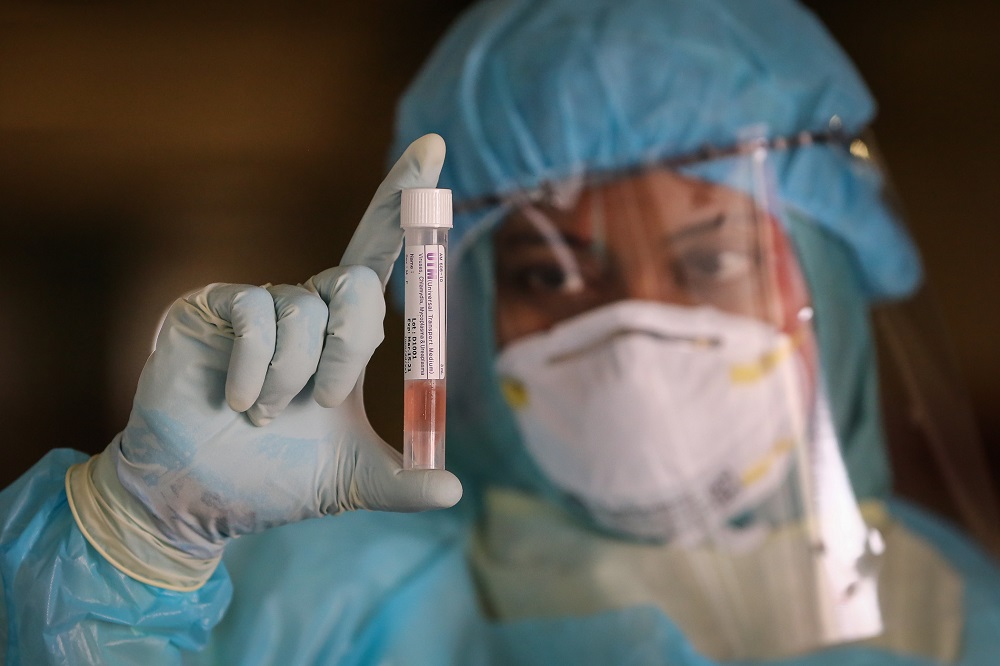KUALA LUMPUR, July 16 — Despite it not producing 100 per cent results, the use of antigen rapid tests at airports is still the best option for Malaysia, said Health director-general Datuk Dr Noor Hisham Abdullah.
He said those claiming the test results are not accurate enough must show proof before making such accusations.
“There is no 100 per cent test, meaning 100 per cent sensitivity and 100 per cent specificity. We do not have that test available.
“Best we have is 90 per cent sensitivity but specificity is 100 per cent. With that, the advantage of RTK-Antigen is it takes 45 minutes while the RT-PCR test takes six hours and needs 96 samples,” he said today during his Covid-19 briefing.
“So if we want to do it fast and be cost effective, we do the RTK Antigen test, but to conclude that this is false negative, you have no proof to say so.
“The patient might be asymptomatic and the virus in its incubation period so the RTK Antigen won’t detect it, and if we do the RT-PCR also, it may come back negative.
“Hence, the mandatory home quarantining and if they show symptoms after that, we can isolate and treat them.”
Five people in Sarawak tested positive for Covid-19 after using the more expensive RT-PCR tests, after initially being cleared when tested with the RTK-Antigen test kit upon arrival at Kuala Lumpur International Airport (KLIA).
Dr Noor Hisham said the specificity of the RTK-Antigen used at KLIA and KLIA2 was 100 per cent, but the test’s sensitivity was about 90 per cent.
He however stressed that at the time of testing, the virus could have been in its incubation period, which led to the negative result.
He also said if the RT-PCR test kit had been used at the time, the result could also have come back as negative.
“Hence, this is why mandatory home quarantine is important."
“That’s why we always tell those returning from overseas to use the MySejahtera app so we can monitor them.
“The RTK testing at 90 per cent is in fact very good as previously we had some tests with only 30, 40 or 50 per cent and that’s not good enough. That’s why we need those at home to also refrain from being in close contact with their family members,” he added.
“Then if any of them are showing symptoms during this period, we can take action and treat and isolate them immediately.”



















